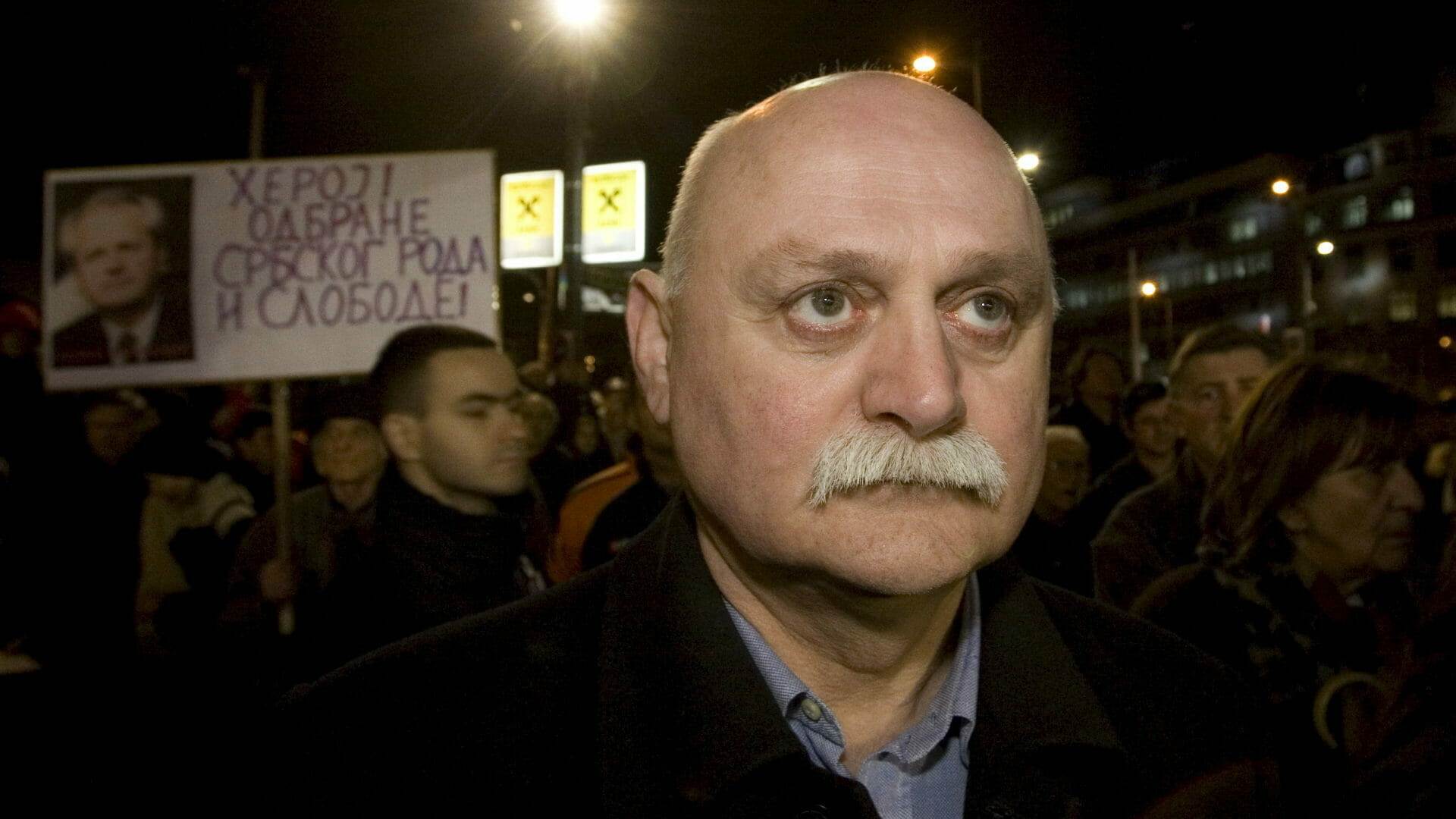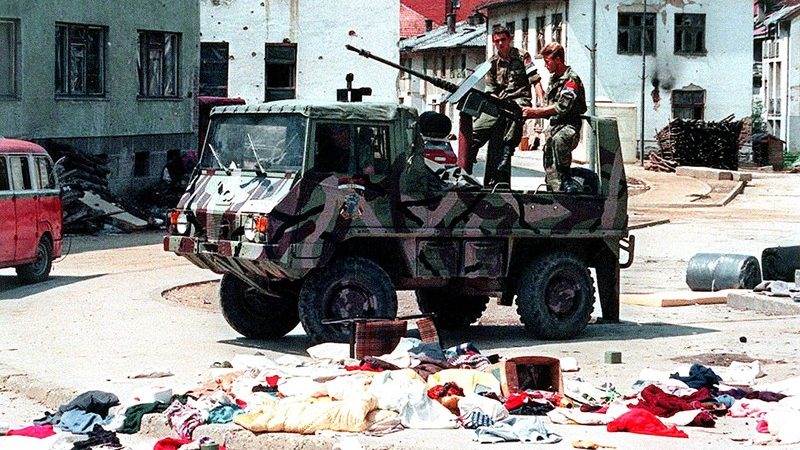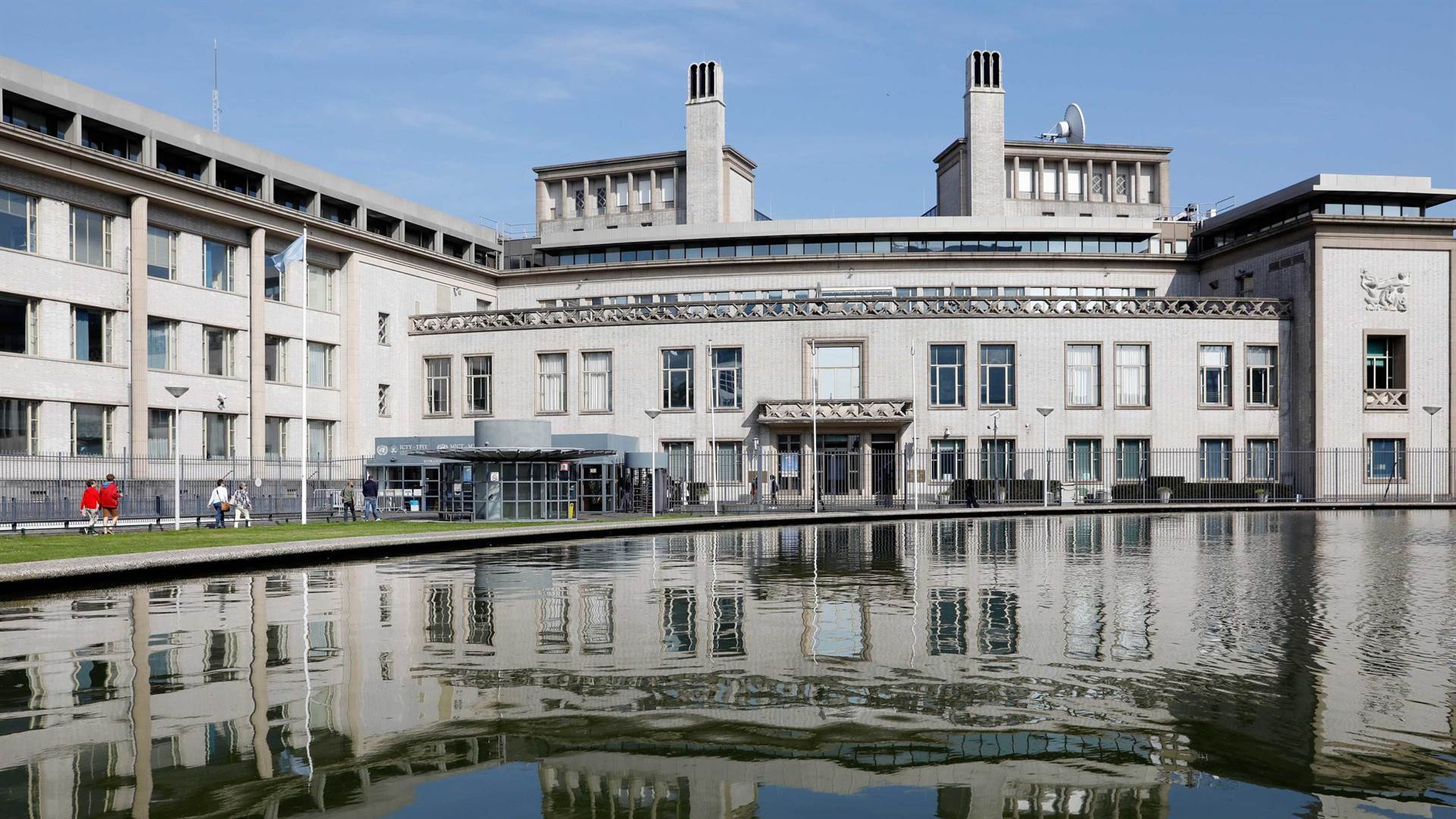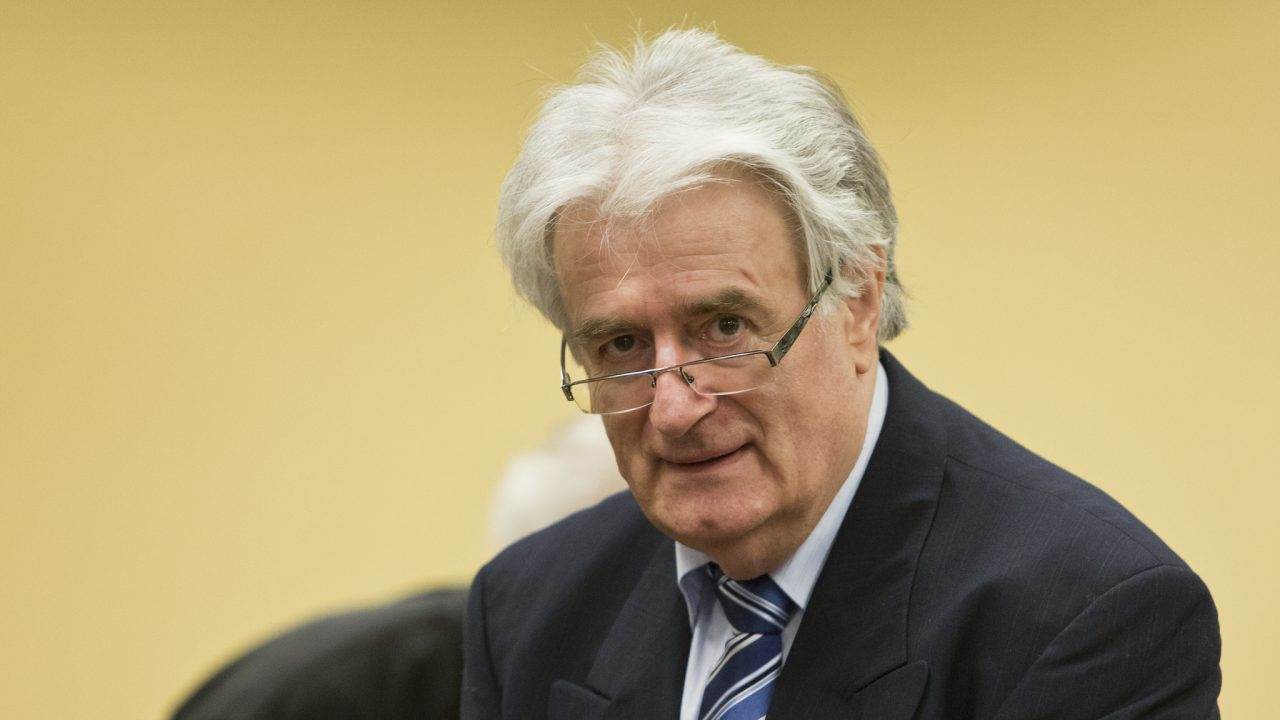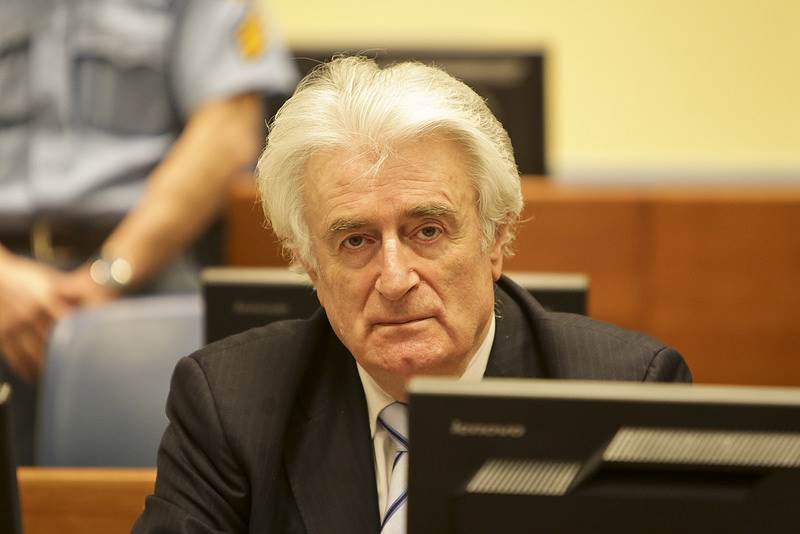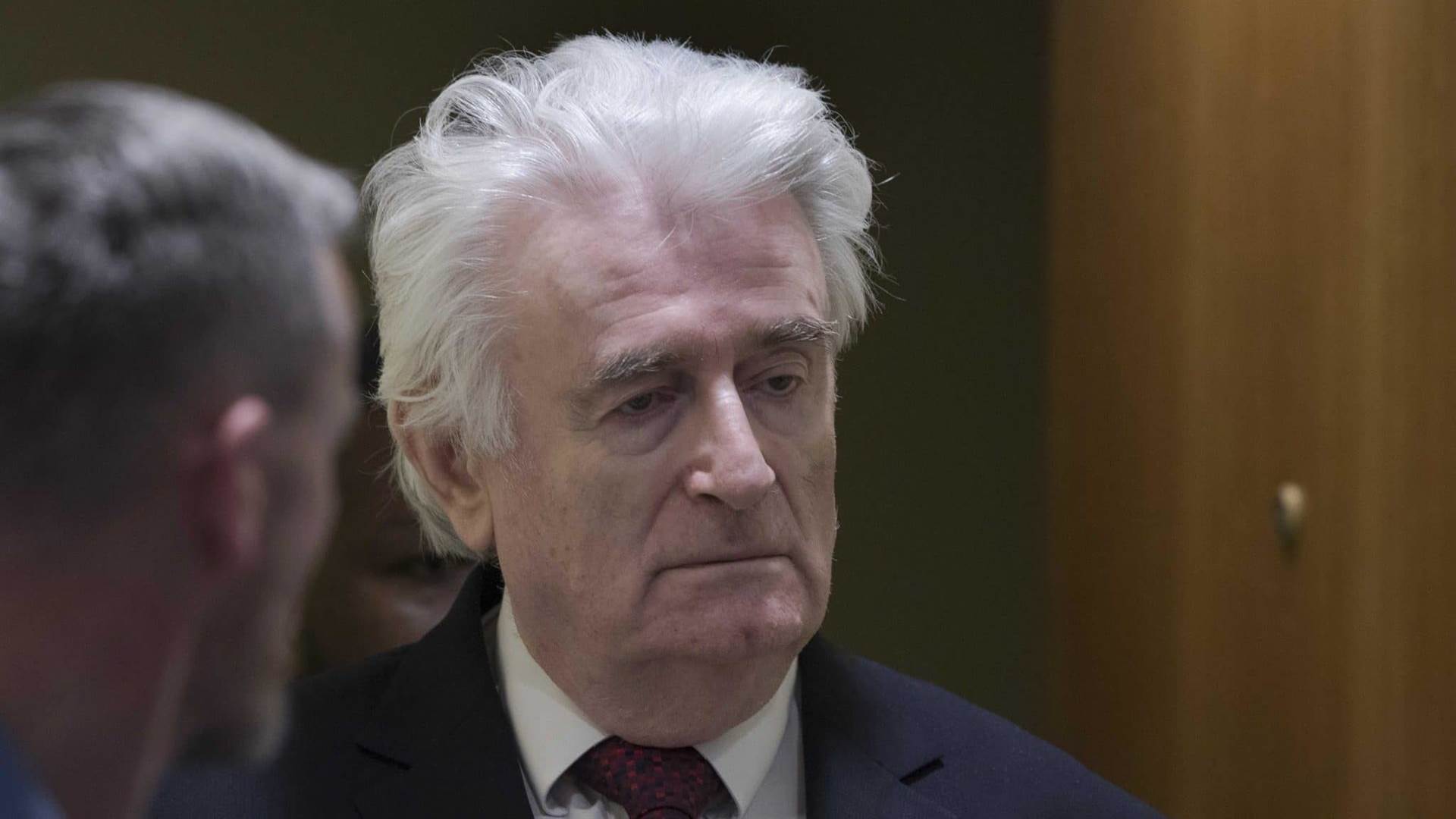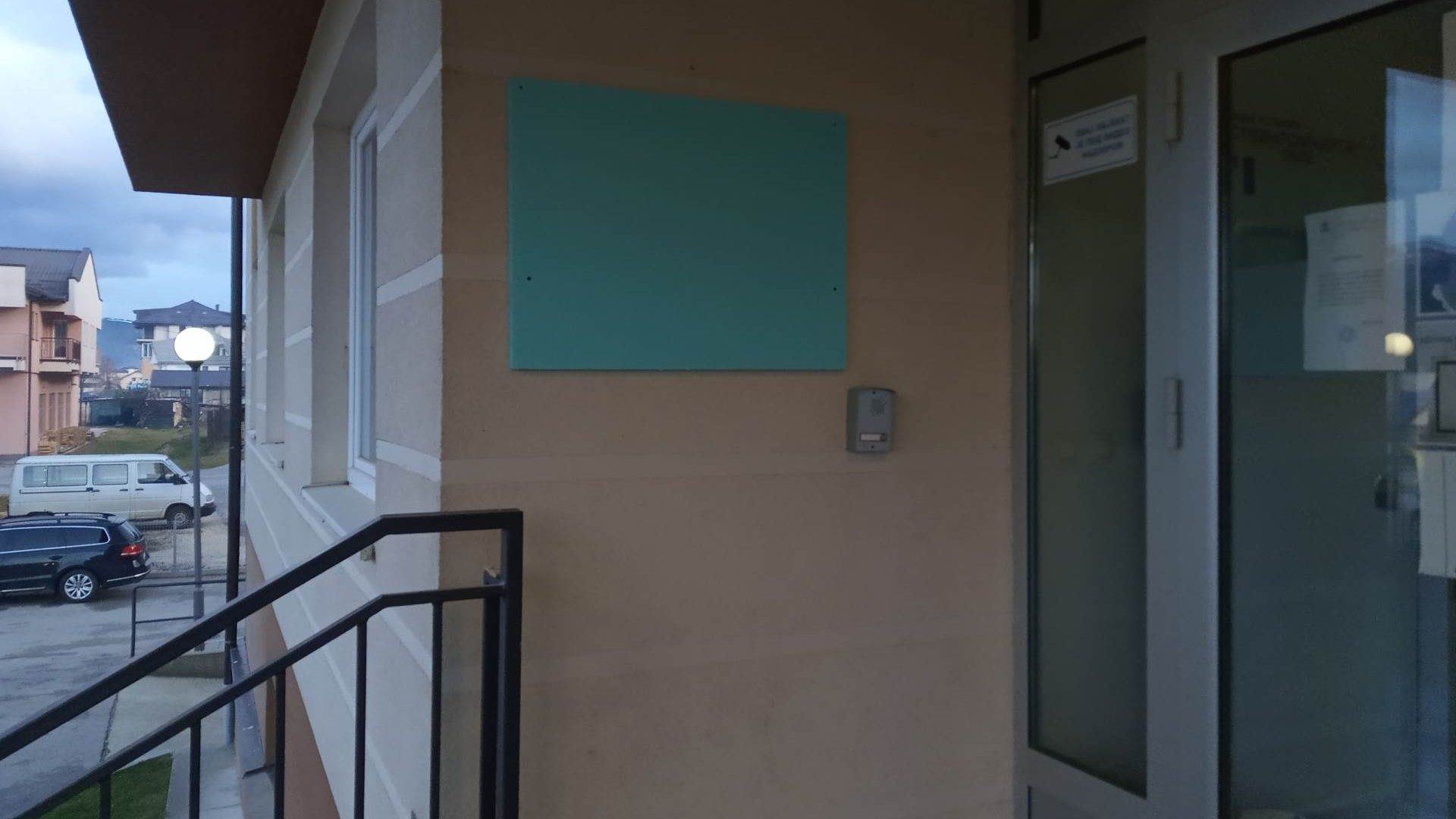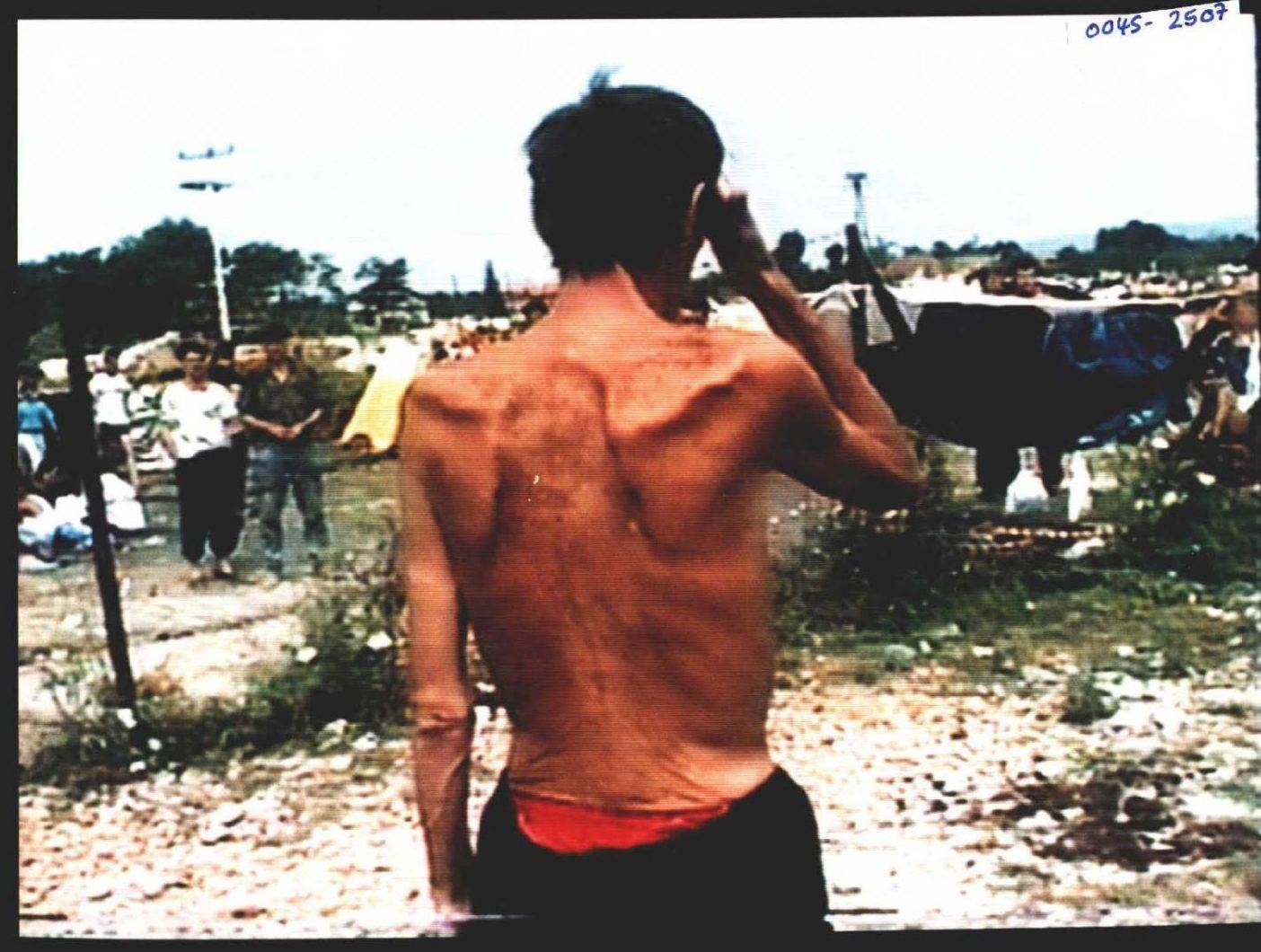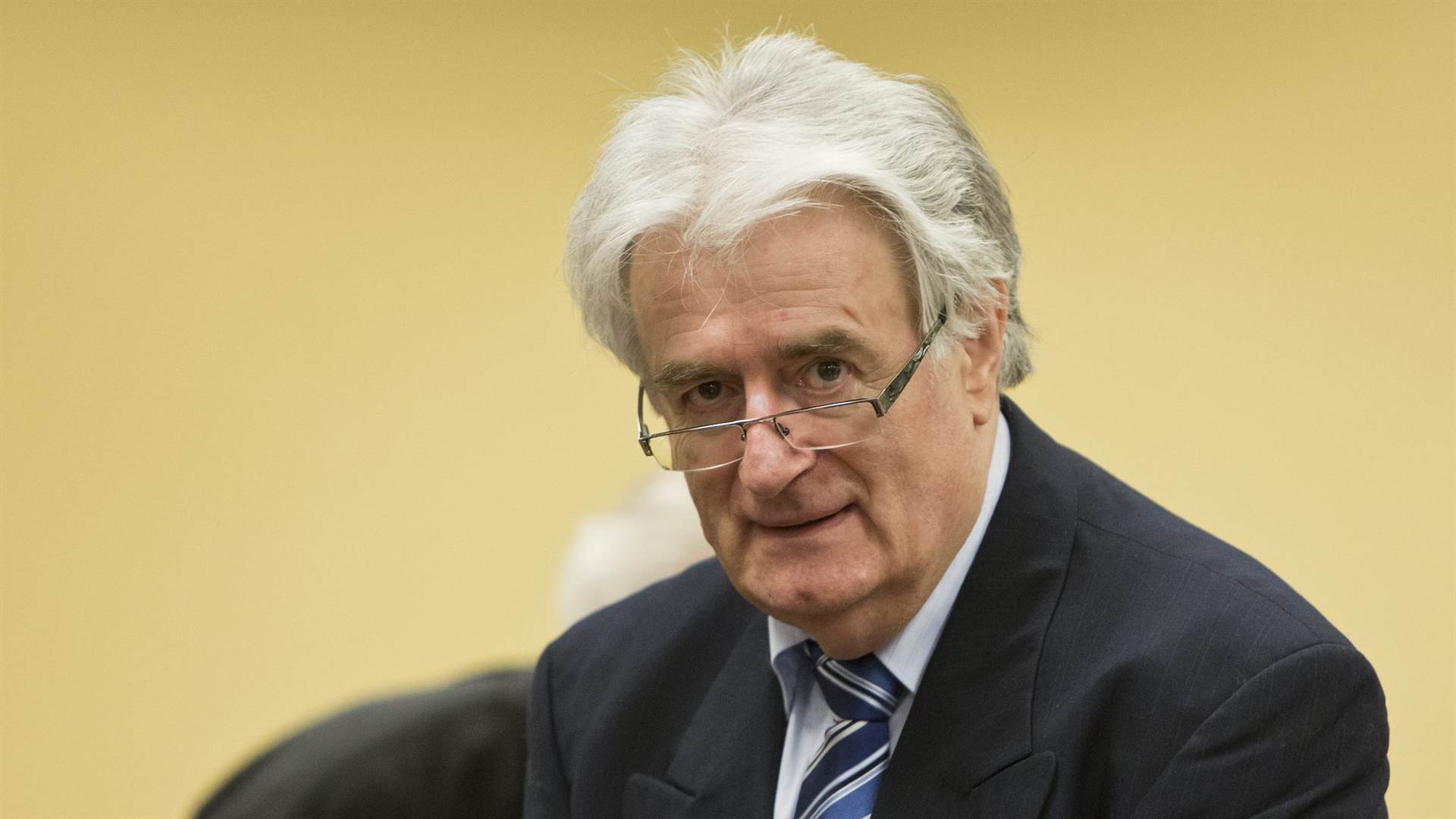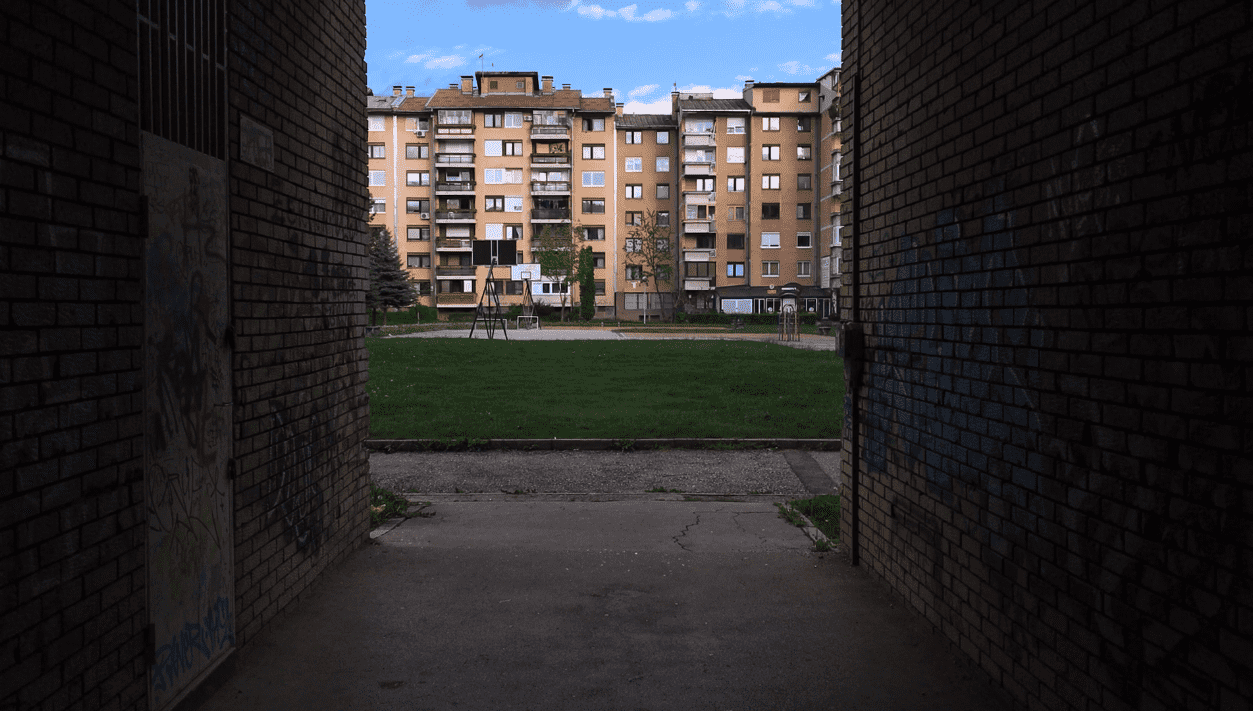The US District Court in Washington DC rejected a request by Luka Karadzic to remove sanctions imposed on him for aiding his brother, Bosnian Serb war criminal Radovan Karadzic.
A report by a Bosnian Serb-funded commission has claimed the Srebrenica massacres were not genocide and most victims were not civilians – but some of its controversial assertions are contradicted...
Ahead of the initial verdict in the last trial at the Yugoslav war crimes tribunal, BIRN looks back on the landmark judgments, controversies, successes and failures in the UN court’s...
Former Bosnian Serb political leader Radovan Karadzic, who was sentenced to life in prison for genocide and other wartime crimes, has been transferred to Britain to serve his sentence, his...
Former Bosnian Serb Radovan Karadzic’s objections to serving his sentence in a Britain prison, where he claims he could be attacked by Muslim extremists, have been rejected by the Hague...
The former Bosnian Serb political leader’s lawyers objected to the UN court’s decision to send him to Britain to serve his life sentence, claiming that he could be killed by...
A plaque naming a student dormitory after wartime Bosnian Serb president Radovan Karadzic, which caused a political storm, was taken down after his daughter Sonja Karadzic-Jovicevic called for its removal.
Hague Tribunal judgments and evidence files contain names of Bosnian Serb soldiers and policemen who have never been prosecuted for suspected involvement in killings, ethnic cleansing and detention camp abuses...
The UN court in The Hague will not reconsider its decision to reject former Bosnian Serb leader Radovan Karadzic’s plea for judges he claims are biased against him to be...
Eleven-year-old Marko Zizic was one of a dozen people killed when a football match in a parking lot was shelled in Sarajevo on June 1, 1993 - and none of...
